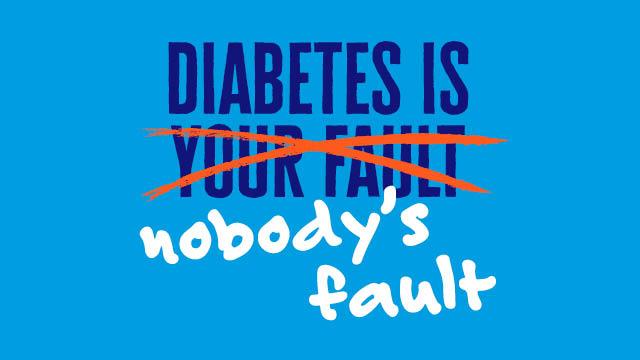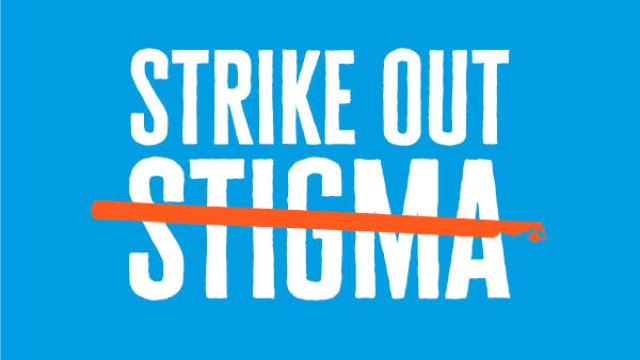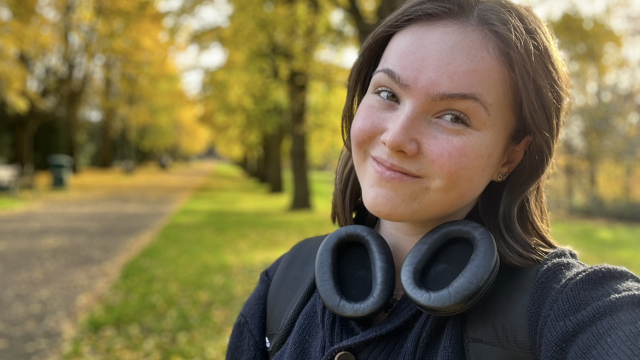World Diabetes Day 2025
World Diabetes Day is on 14 November 2025
Stigma causes harm, wherever it comes from.
And that’s not ok. Because blame and judgement stop people getting the support they deserve.
So this #WorldDiabetesDay we’re launching our new campaign to Strike Out Stigma, starting by challenging some of the common misconceptions and hurtful comments that people with diabetes receive every day. Because it’s not just a comment, or a joke. Our words matter.


Join the campaign

Share your story

We're here for you

Healthcare professionals survey

Your stories of diabetes stigma
What is diabetes stigma?
Diabetes stigma is the negative attitudes and false assumptions people make about those of us living with or at risk of diabetes. It impacts people with all types of diabetes, and arises from misconceptions and misunderstandings of the causes, management and realities of diabetes.
Sadly, the stereotypes and misconceptions about diabetes are often internalised by people living with diabetes - with nearly half of those that completed our survey believing that they are true.
This can lead to feelings of shame - people who experience or internalise stigma are more likely to report symptoms of depression, anxiety, diabetes distress and low self-esteem.
Evidence of diabetes stigma
- Over half of people we surveyed said that stigma, judgement or shame means they sometimes avoid medical appointments.
- Across the UK over 8 in 10 people with type 1 and over 7 in 10 people with type 2 say they experience blame and judgement for their condition
- People from Black African, Black Caribbean and South Asian communities are more likely to experience diabetes stigma
- Almost 6 in 10 people we surveyed said stigma impacts on their own self-confidence and over half also internalise that shame and believe they are at fault
- 1 in 5 experience stigma in the workplace every few weeks, according to our survey
- Stigma is most commonly experienced close to home, from friends and family members
What impact will our campaign have
We want fewer people living with diabetes to experience stigma, which will lead to:
- more empowerment
- better health outcomes
- fewer days in hospital
- more research investment
- new treatments
- better care.
This will contribute to a better life where they are happy and well.
You can follow us on Facebook, X or Instagram, or sign up to our free e-newsletter for the latest Diabetes UK updates – including hot-off-the-press research news, delicious recipes, heart-warming stories, exciting events and more.
